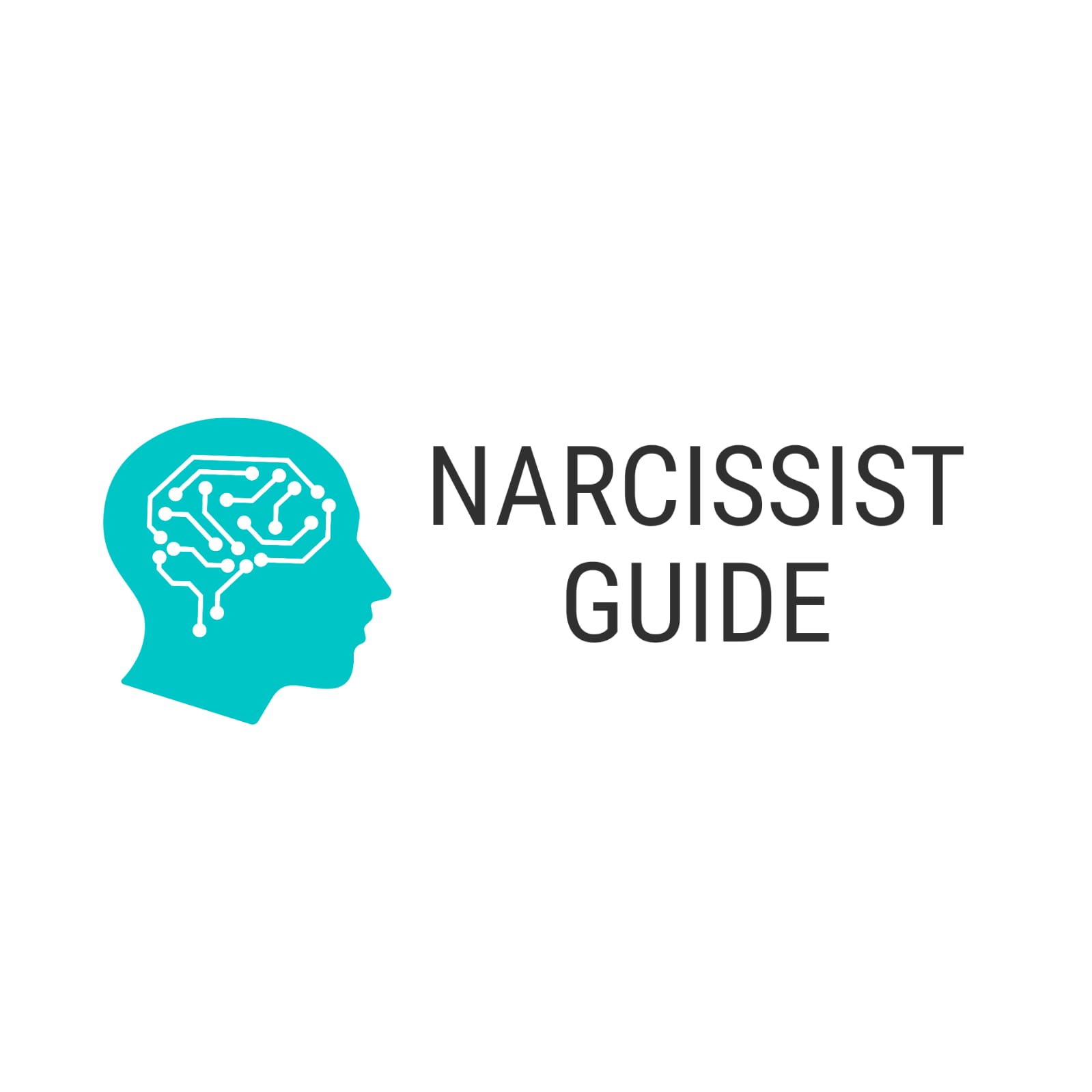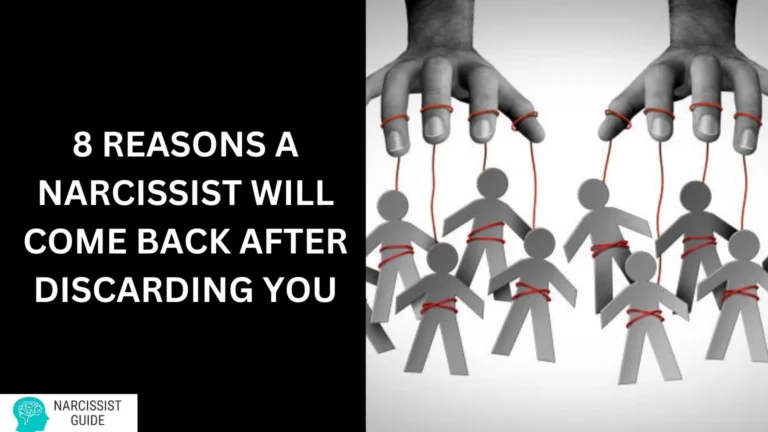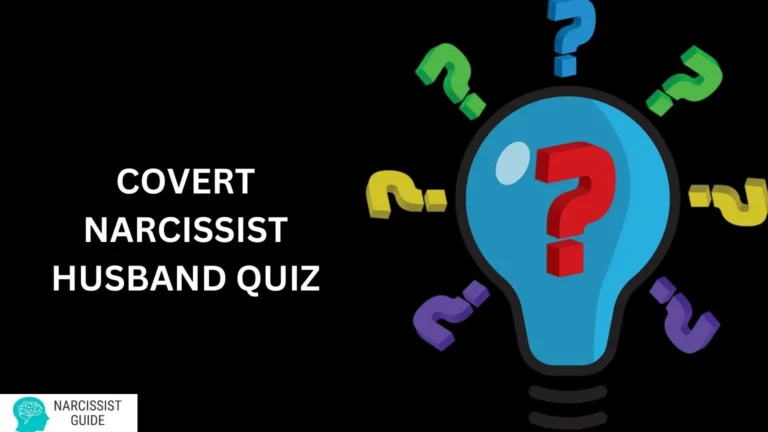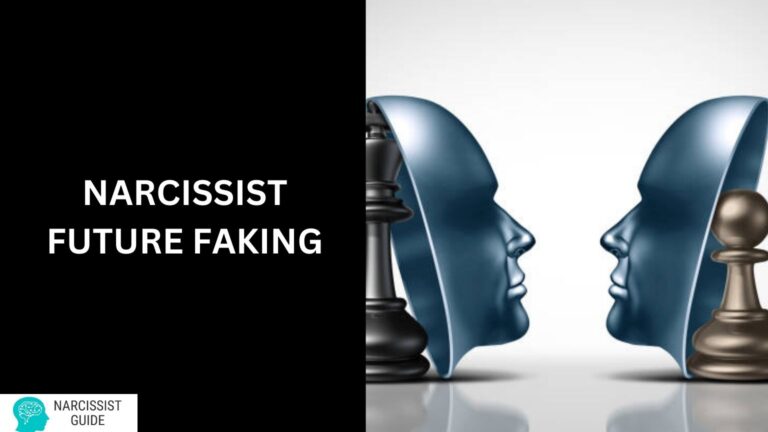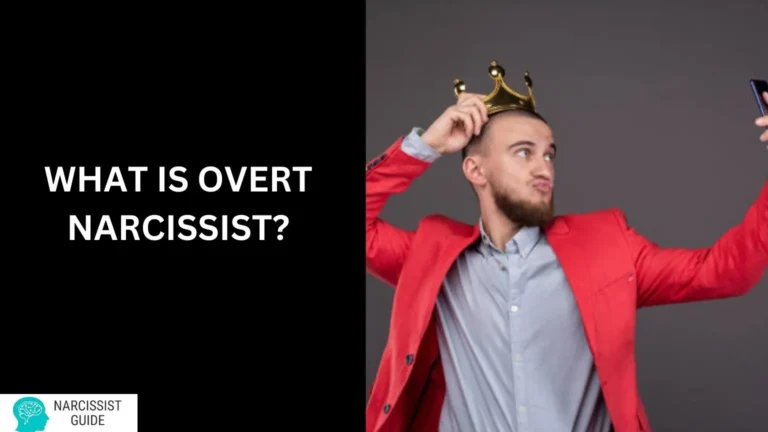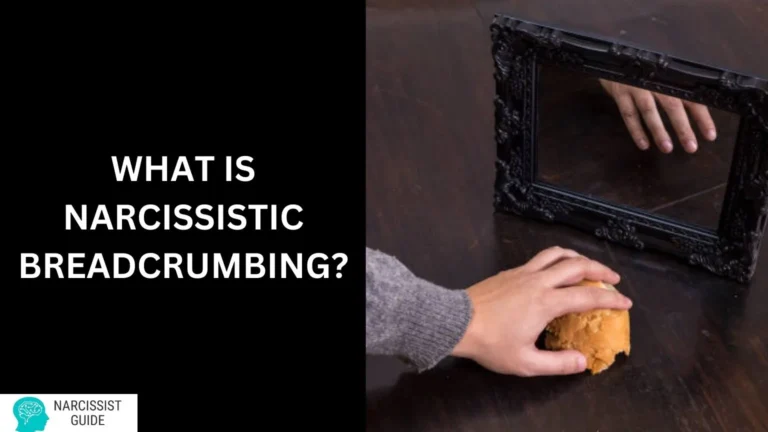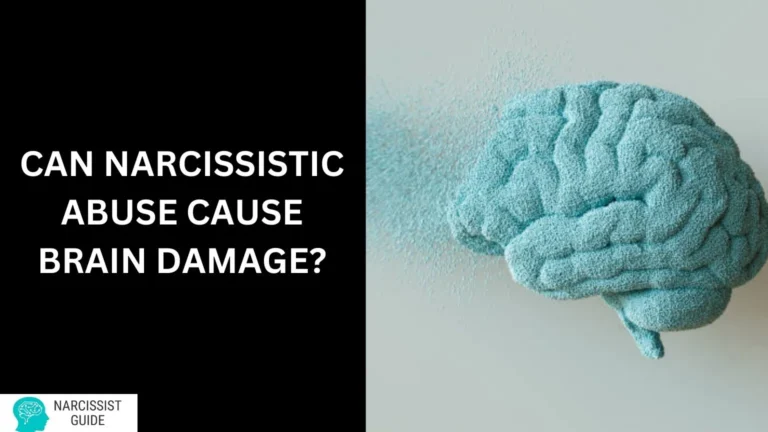Ways to Fix a Toxic Relationship: A Practical Guide
Relationships, whether romantic, familial, or friendship, can bring joy, support, and love. However, sometimes, they can become toxic.
A toxic relationship is one where unhealthy patterns, such as manipulation, constant conflict, or emotional abuse, prevail.
If you’re struggling with a toxic relationship, it may feel overwhelming and discouraging. But don’t worry—there are ways to fix a toxic relationship and restore balance and health.
In this guide, we’ll explore ways to fix a toxic relationship with practical steps and insights on healing and rebuilding.
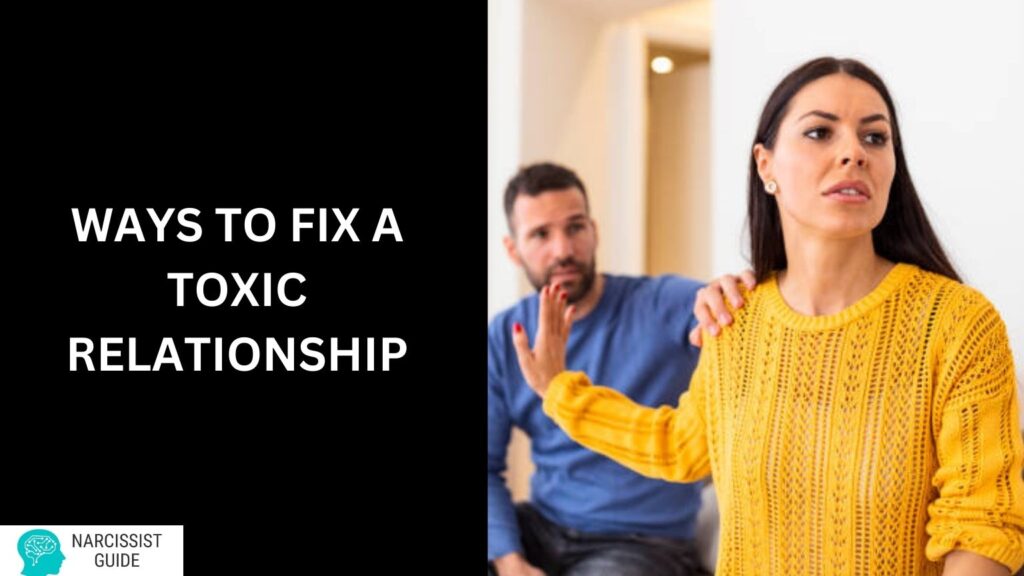
Understanding What Makes a Relationship Toxic
Before we dive into the solutions, it’s important to understand what a toxic relationship looks like. A toxic relationship is characterized by:
- Constant negativity: Ongoing criticism, arguments, or belittling behavior.
- Manipulation: One partner trying to control or influence the other.
- Lack of trust: Betrayals or dishonesty that undermine confidence.
- Emotional abuse: Intimidation, humiliation, or making the other person feel worthless.
- Imbalance of power: One person dominating the relationship while the other is passive or submissive.
Recognizing these signs is the first step toward addressing the issue.
Ways to Fix a Toxic Relationship: Actionable Steps
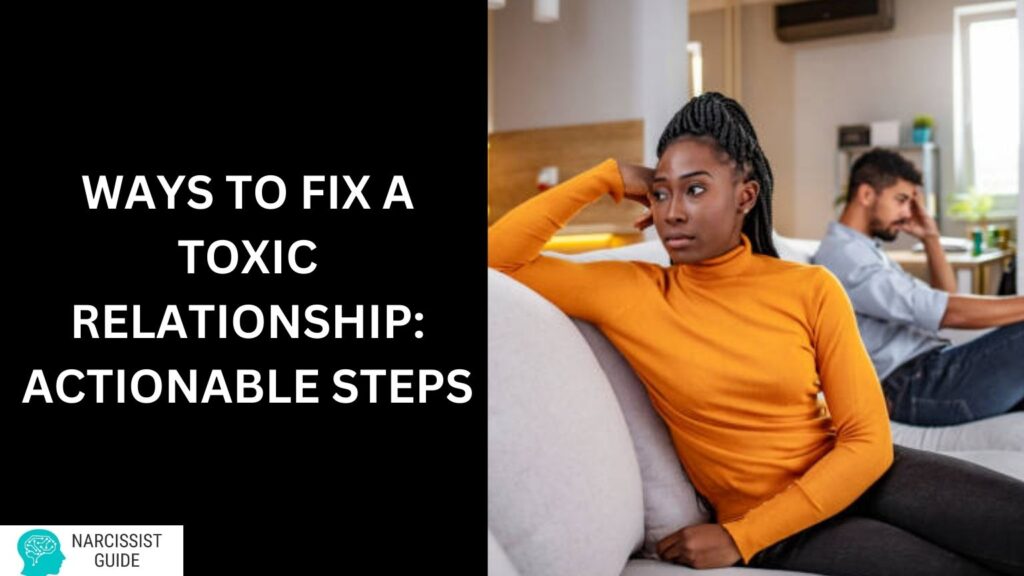
If you’re committed to improving the relationship, there are specific steps you can take to mend it. While it’s not always easy, healing a toxic relationship is possible with the right mindset and actions.
1. Communication is Key
The foundation of any healthy relationship is strong communication. When a relationship becomes toxic, it’s often due to poor or ineffective communication. To fix a toxic relationship, prioritize open, honest, and respectful dialogue.
- Be honest about your feelings: Share how you feel without blaming or attacking the other person.
- Listen actively: Understand the other person’s perspective and make sure they feel heard.
- Set boundaries: Let each other know what is acceptable and what isn’t.
By fostering open communication, you’ll begin to rebuild trust and address underlying issues that may have caused toxicity.
2. Seek Professional Help
Sometimes, relationships need outside support to heal. A counselor or therapist can offer valuable insight and guidance on how to fix a toxic relationship. Therapy provides a safe space for both parties to discuss their issues and find constructive ways to address them.
- Couples therapy: For romantic relationships, couples counseling can help both partners understand their behaviors and develop healthier communication skills.
- Individual therapy: If one partner is struggling with their personal issues, therapy can help them address those problems separately.
- Family counseling: In the case of familial relationships, family therapy can help resolve long-standing conflicts and improve family dynamics.
3. Rebuild Trust
Trust is often the first casualty in a toxic relationship. Rebuilding trust takes time and effort, but it’s essential if you want to repair the relationship. Here are ways to rebuild trust:
- Apologize sincerely: If you or your partner have done something to break trust, offer a genuine apology without excuses.
- Be consistent: Show through actions, not just words, that you can be trusted again.
- Respect boundaries: Make sure that both partners are clear about what is acceptable behavior going forward.
Restoring trust takes patience, but it’s a crucial step in fixing a toxic relationship.
4. Focus on Self-Care
In toxic relationships, it’s easy to lose sight of your own well-being. Self-care is essential to regain balance and perspective. Taking care of yourself can help you make better decisions and avoid unnecessary conflict. Here are a few tips:
- Take breaks: Sometimes, stepping away for a while can give both parties space to reflect.
- Engage in activities you enjoy: Doing things that make you happy can help reduce stress and build your confidence.
- Talk to friends or family: Having a support system outside of the toxic relationship is crucial for your emotional health.
By prioritizing self-care, you’ll be better equipped to address the relationship’s issues.
5. Set Healthy Boundaries
Boundaries are vital for any relationship, especially toxic ones. Without clear boundaries, one person may feel overpowered, leading to resentment or further toxicity. Setting boundaries helps protect both individuals and ensures that both feel respected.
- Know your limits: Understand what behavior is unacceptable to you and communicate it to your partner.
- Respect each other’s space: Ensure that both partners have time for themselves, whether it’s to relax or pursue individual interests.
- Learn to say no: Sometimes, in a toxic relationship, one person may feel obligated to say “yes” all the time. Practice setting boundaries by saying “no” when necessary.
6. Make Time for Positive Interactions
In toxic relationships, negative interactions often outweigh the positive. To fix a toxic relationship, focus on making time for moments of connection and joy. These positive experiences will help balance out the negativity.
- Plan quality time together: Engage in activities that you both enjoy, whether it’s watching a movie, cooking together, or going on a walk.
- Show appreciation: Regularly express gratitude for each other’s efforts, even in small ways.
- Celebrate wins: Acknowledge each other’s successes and celebrate achievements together.
By intentionally creating positive interactions, you can shift the dynamics of the relationship toward healing.
7. Know When to Walk Away
While it’s possible to fix a toxic relationship, there are times when the healthiest decision is to walk away.
If efforts to improve the relationship are unsuccessful and the toxicity continues, it may be necessary to consider ending the relationship for your own well-being.
- Recognize toxic patterns: If the relationship is consistently damaging to your mental or emotional health, it may be time to let go.
- Trust your instincts: If you feel that the relationship is no longer positively serving you, trust your gut feelings.
Knowing when to walk away is a form of self-respect and is essential for personal growth.
People also ask
Can a toxic relationship be fixed?
Yes, a toxic relationship can be fixed, but it requires effort, commitment, and willingness from both parties to change.
Key steps include open communication, setting healthy boundaries, rebuilding trust, and addressing underlying issues, often with the help of a therapist.
However, if the toxicity persists despite efforts, it may be best to walk away for your well-being.
How do I stop being toxic in my relationship?
To stop being toxic in your relationship:
Acknowledge your behavior: Reflect on your actions and accept responsibility.
Communicate openly: Express feelings without blame and listen actively.
Set boundaries: Respect your partner’s space and needs.
Practice empathy: Understand their perspective and feelings.
Focus on self-improvement: Work on personal growth and seek therapy if needed.
Apologize sincerely: Make amends and commit to positive change.
Can you ever heal a toxic relationship?
Yes, a toxic relationship can heal if both partners are genuinely committed to change.
Healing involves open communication, setting boundaries, rebuilding trust, and addressing the root causes of toxicity.
Seeking therapy can also provide valuable guidance. However, both individuals must actively work toward healthier patterns for lasting improvement.
Conclusion
Ways to Fix a Toxic Relationship is not easy, but it is possible if both parties are committed to change and growth.
Whether through improved communication, therapy, setting boundaries, or focusing on self-care, there are effective ways to address the issues and rebuild the connection.
Remember, not all relationships can be saved, and sometimes, the healthiest choice is to walk away. Prioritize your well-being, and always seek the healthiest relationships possible.

I’m Dr. James, and I’m glad you’re here. With years of experience in understanding and addressing the complexities of narcissistic behavior, I’ve dedicated my career to helping individuals navigate the challenging dynamics that come with narcissism, whether it’s in personal relationships, workplaces, or family settings.
